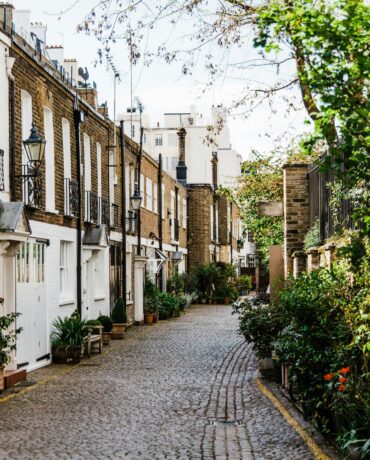Planning Permission | Your Questions Answered.
What is it?
Planning permission refers to the need for “formal permission from a local authority for the erection or alteration of buildings or similar development.”
It is your responsibility to seek planning permission and if required, it should be granted before any work begins.
When do you need it?
Chances are, you’ll need planning permission if you want to any of the following:
- build something new;
- make a major change to your building – for example, building an extension;
- change the use of your building – for example, from a commercial to a residential building or vice-versa.
In some cases, planning permission isn’t required – these types of works are known as ‘Permitted Development’. You can find out more about permitted development here.
If you’re unsure whether or not you need planning permission, it’s a good idea to contact someone who can advise you. This could be your local authority (or an architect!).
How do you get it?
Planning applications are usually made online these days and can be submitted through the Planning Portal.
It is usually a good idea to seek advice on your plans before submitting an application. Gaining valuable advice can:
- reduce the likelihood of your plans being rejected;
- help you to understand the process;
- help you to understand how planning policies and other requirements might affect your application.
Planning permission can be granted in different forms and it is important that you apply for the correct consent, otherwise you risk your application being invalid.
What do I need to submit?
As part of your application for planning permission, you will need to submit:
- Plans of the site;
- Supporting documentation;
- A completed application form;
- The correct fee (depends on the type of planning permission you are asking for).
A combination of mandatory documents will be required – some are a national level requirement and others are local.
What happens after I’ve submitted my application?
Once you’ve submitted an application, it is up to the local authority to review it. They may contact you for further information if they need it.

Talk To An Expert
Contact UsSee More Recent Posts

Q&A: Class MA Changes 2024, Your...
Q&A: Changes to Class MA in 2024 In March 2024, changes were implemented to...

Landlord’s Guide: New UK Legislation for...
What is this guide? Many of our customers rent out their properties using short-term...

The 8 RIBA Stages of Work
The Royal Institute of British Architects (RIBA) has established a framework, outlined in the...

